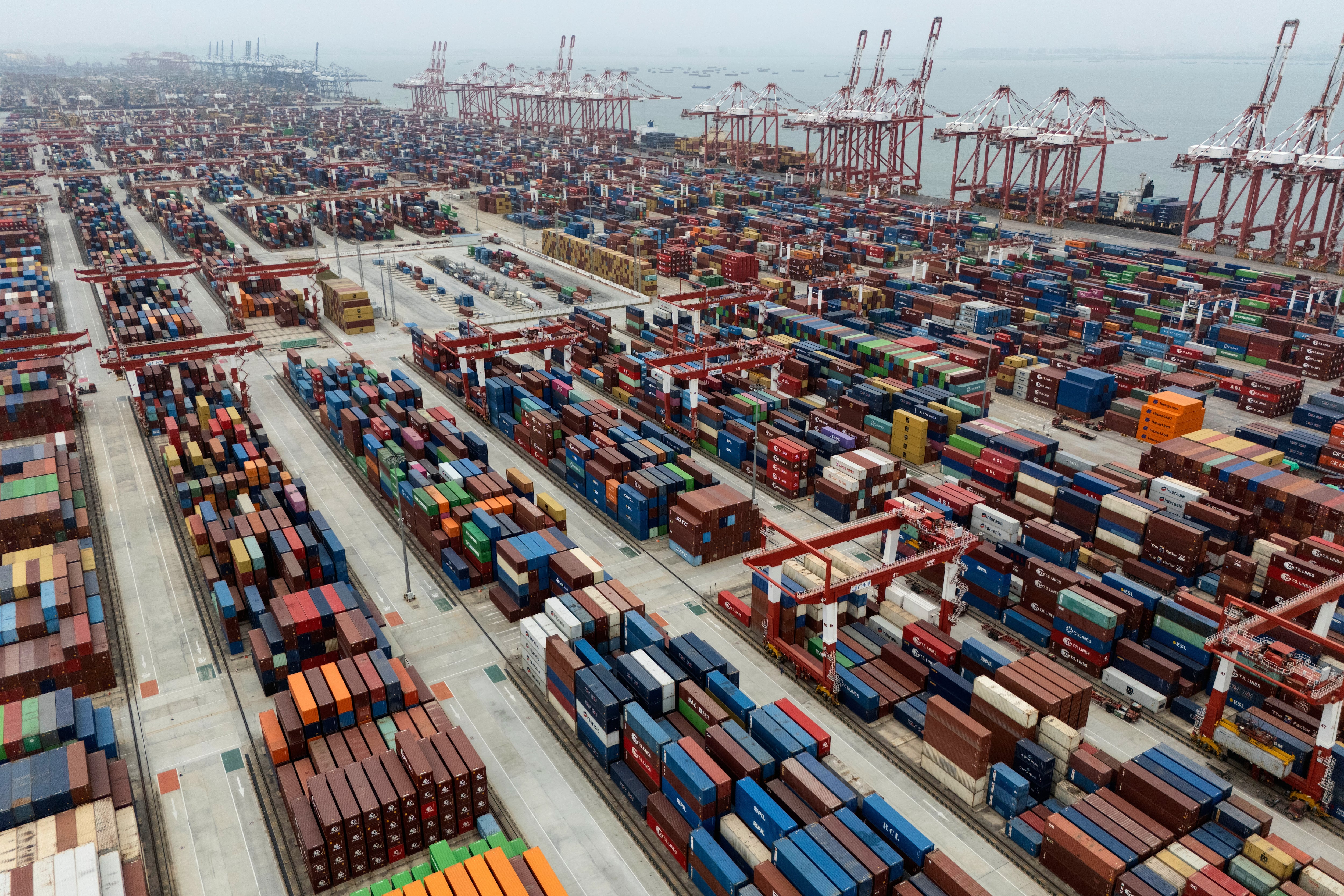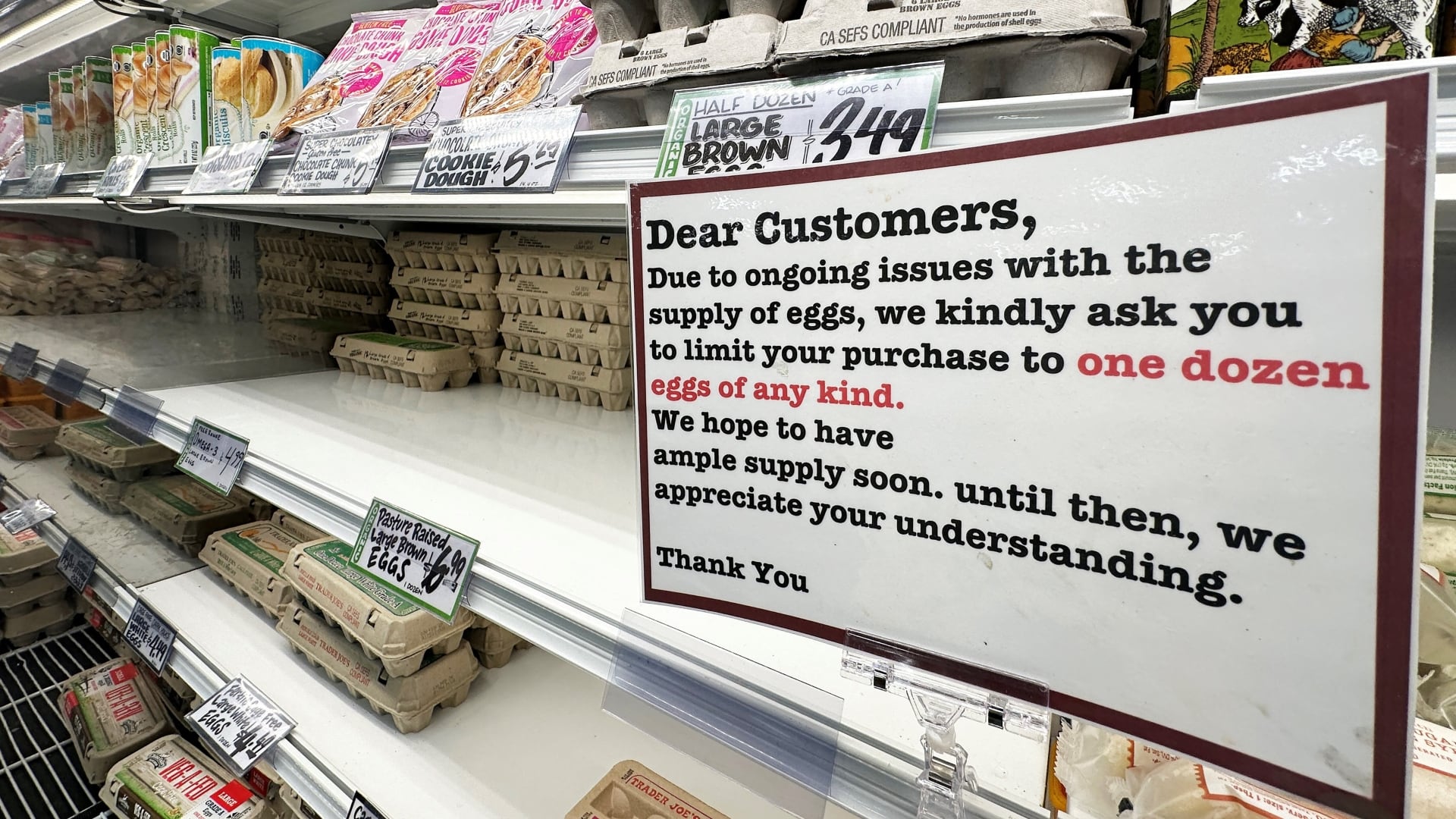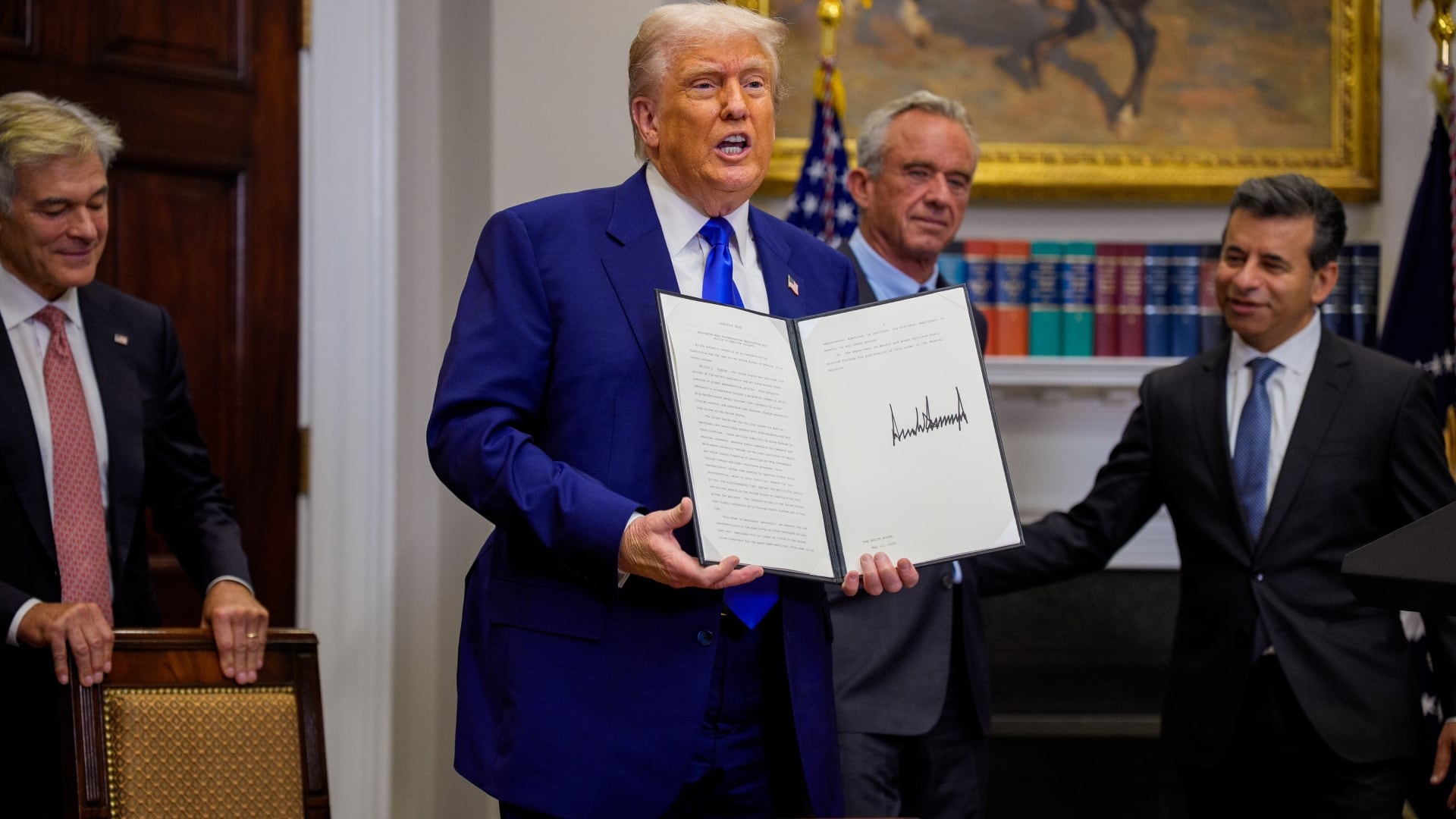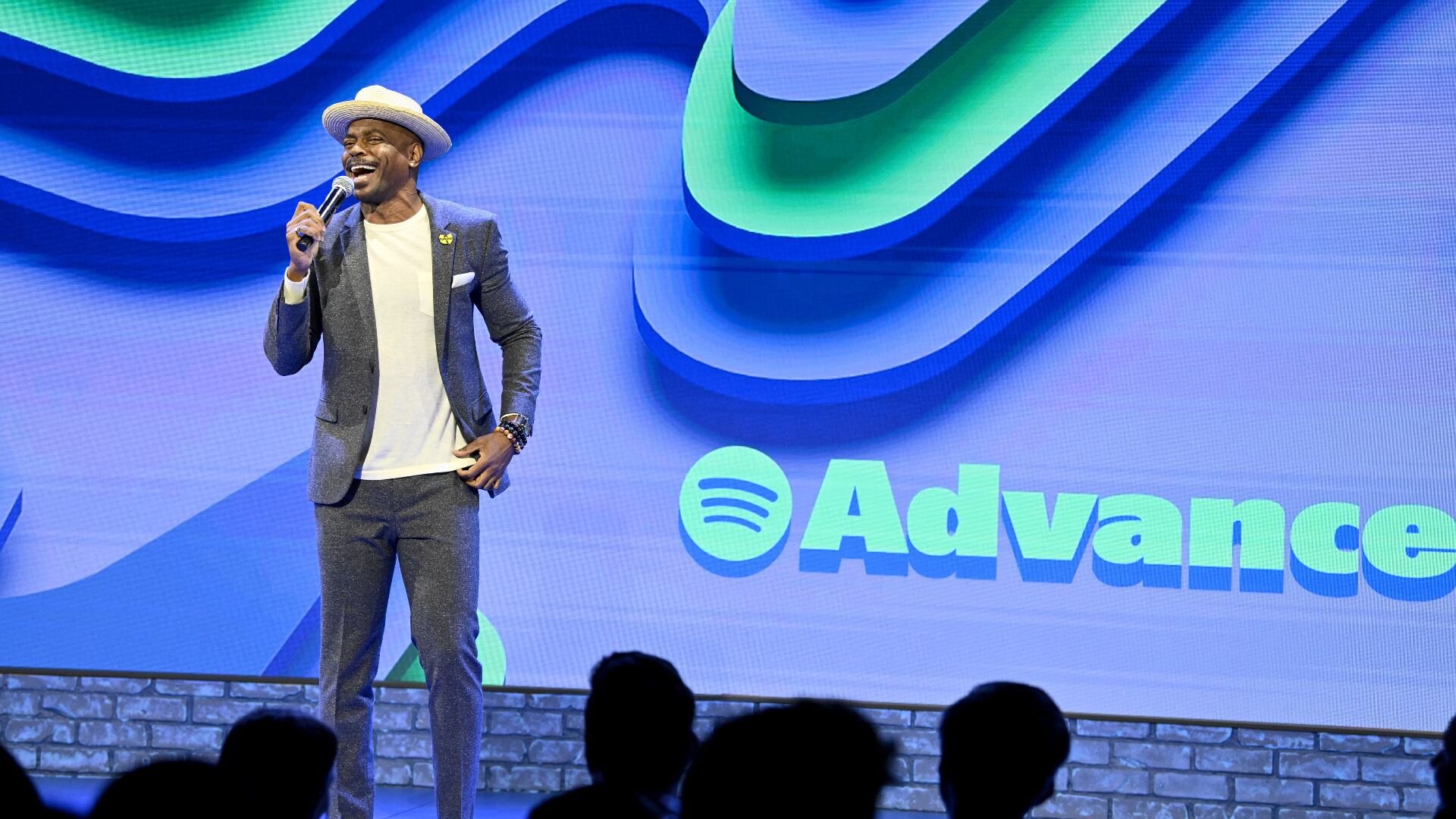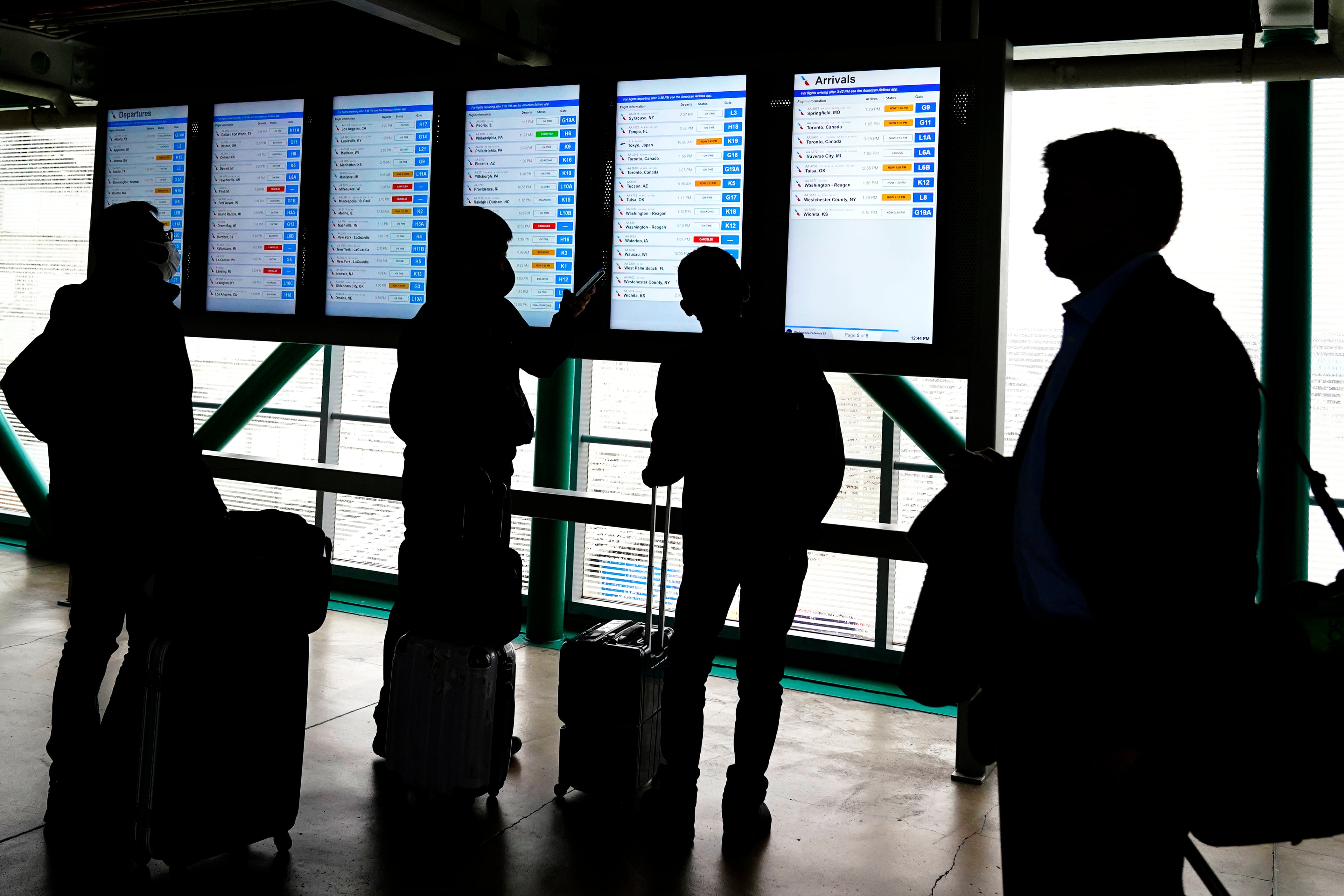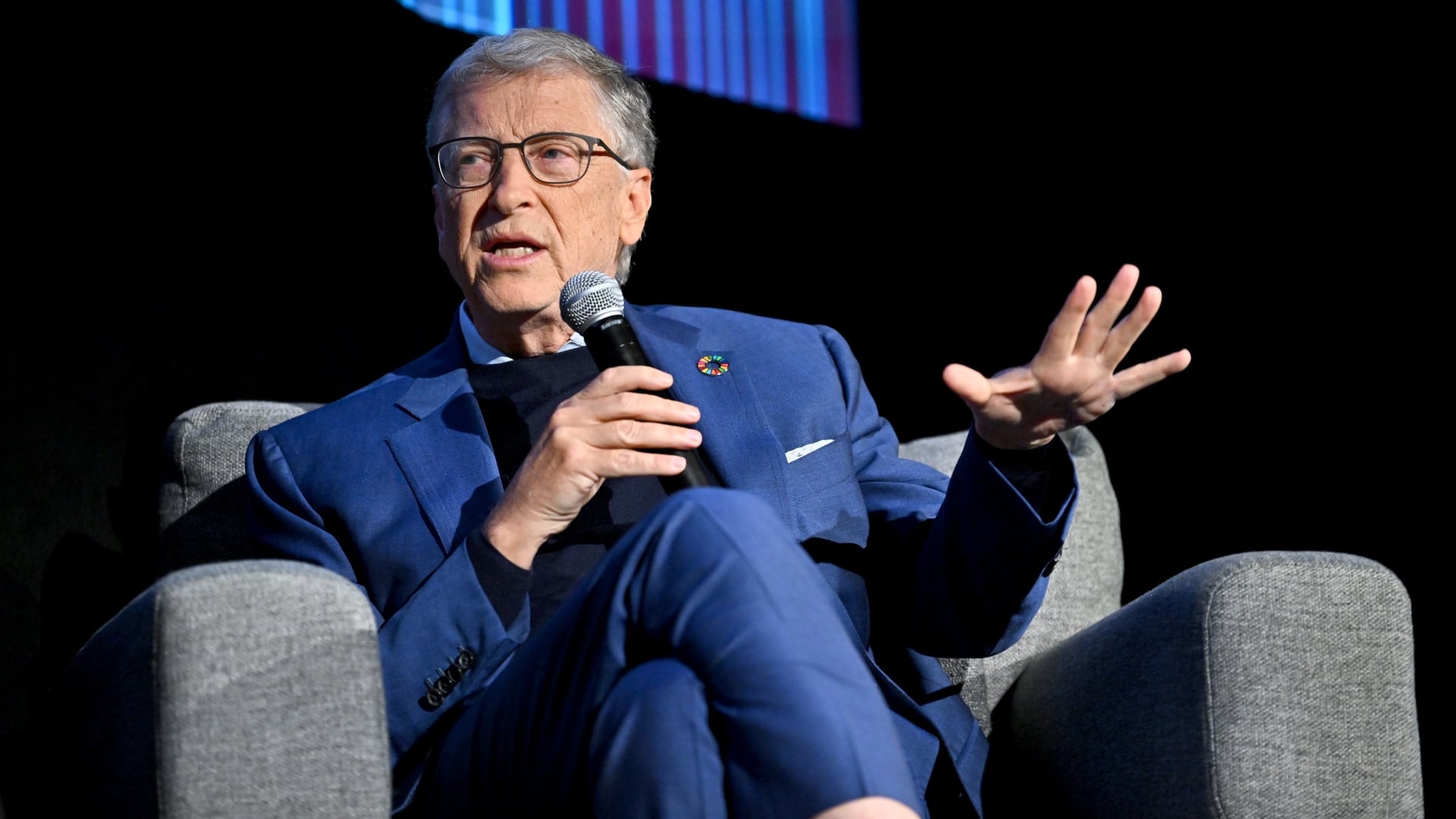*By Carlo Versano* DoorDash is on track to end the year with service in 2,000 U.S. cities, well-above its target of 1,600, said CEO and co-founder Tony Xu. Xu told Cheddar in an interview on Tuesday that he will use his latest round of financing to grow the business without compromising on speed, a priority for any delivery operation. The company announced last week it raised [$250 million](https://finance.yahoo.com/news/doordash-raises-250-mln-latest-221821323.html), valuing the five-year-old start-up at $4 billion. While the market is surely saturated ー DoorDash competes with UberEats, GrubHub, Delivery.com, and Postmates, among others ー Xu said the runway for growth is long. Only 3 percent of restaurant sales are delivered, he noted, the majority of which come from pizza. "Outside of pizza, it's a very, very small percentage of sales being delivered," he said. DoorDash follows the "Uber model" of hiring gig workers who front operational costs such as gas though much of its network in urban areas relies on bike messengers. The company takes a cut of restaurants' meal sales and charges customers delivery fees. Much like Slack, which [announced](https://cheddar.com/videos/slack-now-worth-over-7-1-billion) a major funding round on Tuesday, DoorDash has been a darling of SoftBank's Vision Fund. The Japanese venture capital vehicle [led a $535 million funding round](https://www.recode.net/2018/3/1/17065928/doordash-softbank-gic-funding) in the delivery company earlier this year, putting its valuation at less than half of what it is now. The latest capital raise may put pressure on other delivery start-ups. Recode [reported](https://www.recode.net/2018/4/6/17173478/postmates-doordash-merger-restaurant-delivery) in April that DoorDash and Postmates had discussed merging inorder to compete with the likes of Grubhub and Uber. "What many people don't understand about the space is just how nascent it is," Xu said. For full interview [click here] ( https://cheddar.com/videos/doordash-plans-massive-expansion-after-250-million-funding-raise).
